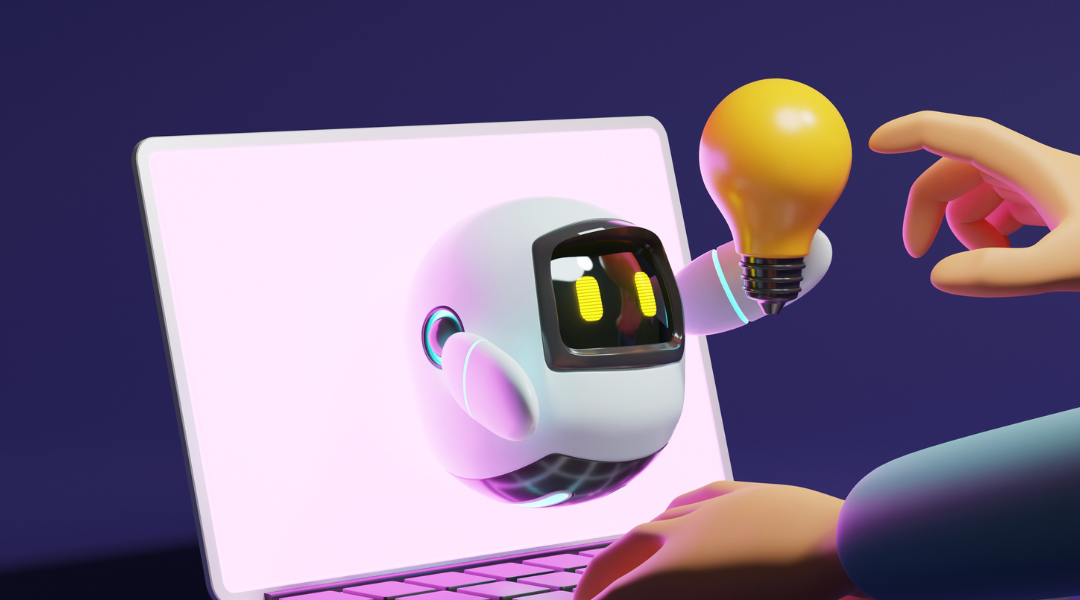Revolutionize Patient Scheduling with AI
In the realm of healthcare, AI is not just about streamlining processes; it’s about enhancing the human element. AI technologies enable personalized patient communication, tailoring interactions based on individual patient histories and preferences.
This personal touch not only improves patient satisfaction but also encourages engagement with their own healthcare journey. By leveraging AI, healthcare providers can create a more patient-centric experience, fostering a sense of trust and care that is pivotal in healthcare.
AI in patient scheduling is revolutionizing healthcare practices by enhancing efficiency and patient engagement. Utilizing AI, these practices can fine-tune appointment schedules, accurately predict no-shows, and streamline patient communications, significantly boosting provider productivity.
AI’s predictive analytics empower practices to manage appointments and reduce wait times. Moreover, AI-driven digital tools automate patient intake and scheduling processes, lessening administrative burdens and allowing staff to concentrate on delivering quality care. These innovations are not just for large entities; they’re accessible and beneficialfor small practices, enabling them to stay competitive and elevate the patient experience.
AI’s Impact on Diagnostic Accuracy and Patient Care
Beyond administrative efficiency and diagnostic support, AI is paving the way for predictive health analytics. By analyzing patterns in vast datasets, AI can predict patient health trends, identify potential health risks, and suggest preventive measures.
This proactive approach in healthcare not only enhances patient outcomes but also contributes to a broader understanding of public health trends. With AI, healthcare providers can anticipate and address health issues before they escalate. They can embody the shift from reactive to proactive healthcare.
AI-enhanced diagnostic tools are offering profound benefits in patient care. AI algorithms assist medical professionals by analyzing vast amounts of patient data, providing insights that surpass traditional diagnostic methods. For instance, in imaging, AI assists radiologists by enhancing lung nodule detection on CT scans, improving early cancer diagnosis and patient safety.
Additionally, AI in Electronic Health Records (EHRs) supports clinical decision-making by suggesting potential diagnoses and treatment options and enhancing predictive analytics. The integration of AI in healthcare is a step towards a more interconnected and intelligent healthcare ecosystem.
Streamline Healthcare Administration with Advanced Automation
It’s not just about the big changes; even the small tweaks AI brings to healthcare can make a huge difference. Simple things like faster paperwork, quicker access to health records, or smoother scheduling—all add up to a better experience for everyone. As healthcare continues to evolve with AI, every step forward makes a big impact.
AI and automation are transforming the administrative landscape in healthcare. They are significantly reducing the burden of manual and time-consuming tasks. These technologies streamline operations such as billing, coding, and insurance claims processing.
AI-driven systems also play a crucial role in resource management, optimizing the use of facilities and staff. This shift not only contributes to cost reduction but also allows healthcare professionals to dedicate more time to patient care, improving the overall patient experience.
As AI continues to evolve, its application in healthcare promises to create a more efficient, accurate, and patient-centric healthcare system. At Medcurity, we’re utilizing AI to increase the quality and efficiency of our services, to provide better help to the healthcare community. Reach out to learn more!

